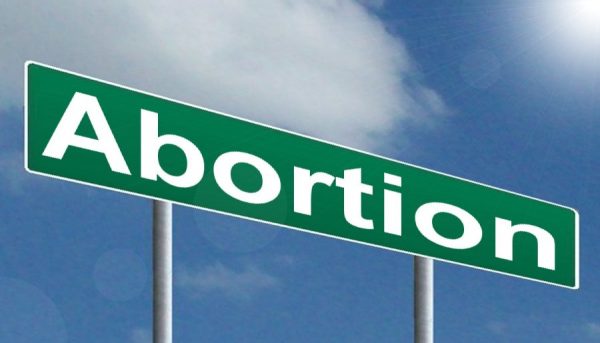Canada legalizes euthanasia for ARTHRITIS… what’s next?
07/10/2017 / By Amy Goodrich

Euthanasia raises several moral dilemmas. Should people have the right to decide on matters of life and death? If at all, under what circumstances can euthanasia be justified? And is it right to end a person’s life when they are undergoing severe pain and suffering?
While some people think euthanasia shouldn’t be allowed because it could be abused and used as a cover for murder, others see it as an act of mercy to stop suffering and unbearable pain. Though a terminal condition and suffering are the main reasons for euthanasia, sometimes there are other reasons people want to end their life. These can include physical as well as psychological factors such as depression or being dependent. But where do you draw the line?
Last year, Canada legalized assisted dying for people enduring unbearable suffering. As noted by Life News, Canada’s euthanasia legislation (Bill C-14) is littered with imprecise terminology that causes confusion and leaves room for an uncontrolled expansion of the law without facing political pressure.
Earlier, the Euthanasia Prevention Coalition urged politicians to amend the confusing part that states euthanasia is legal if a person’s “natural death is reasonably foreseeable.”
Confusion about the “reasonably foreseeable” natural death in the assisted dying law
A 77-year-old woman with osteoarthritis, known as AB, has been living with the condition for over 30 years. Recently, her pain became unbearable and her doctor prescribed her opioid painkillers fentanyl and morphine. Shortly thereafter, she made it clear to her doctor that she had lived a long and happy life and wanted to die since the pain became too much.
“I will remain here in this room forever, in pain, until someone allows me to die,” AB wrote in an affidavit read out in court. “I have lived a good life and a long life… I simply want to quietly move out of life, end my intolerable suffering and go home to God.”
After 2 doctors refused to kill the woman because she was not terminally ill, Justice Paul Perell recently approved her death by lethal injection, thereby allowing assisted death for people with arthritis. Where is Canada going to draw the line?
To clear up the uncertainty that left her doctors unwilling to perform the procedure out of fear of a murder charge, the judge ruled she has a “reasonably foreseeable” natural death. His decision has been hailed by euthanasia advocates for shining new light on the vague and confusing part of the assisted dying legislation.
Superior Court Justice Paul Perell told The Star that to be “reasonably foreseeable” the person’s natural death doesn’t have to be imminent, within a specific time frame, or be the result of a terminal condition.
“The legislation is intended to apply to a person who is on a trajectory toward death because he or she a) has a serious and incurable illness, disease or disability; b) is in an advanced state of irreversible decline in capability; and c) is enduring physical or psychological suffering that is intolerable and that cannot be relieved under conditions that they consider acceptable,” he added.
Since the woman is almost 80 years old and in an advanced state of incurable, irreversible, and worsening illness with excruciating pain and no quality of life, Paul Perell ruled that she clearly qualifies for the procedure even though she is not terminally ill.
To Andrew Faith, the lawyer that represented AB, Perell’s ruling has offered a clarification of what is meant by a patient having a “reasonably foreseeable death” to help doctors who still feel uncomfortable administering the lethal drugs to go ahead with the procedure in “gray area” cases, such as the one of the 77-year old woman. He added that he hopes the case will allow his client to be treated as she wishes and set a precedent for other patients and doctors in similar situations.
Though Perell noted his ruling would apply to all future cases, his decision only applies to Ontario, experts noted. Two people in British Columbia and two in Quebec are currently challenging the “terminal definition,” questioning the uncontrolled expansion of the law.
Sources include:
Tagged Under: arthritis, assisted death, assisted dying, assisted dying law, Canada, death, euthanasia, Osteoarthritis


















